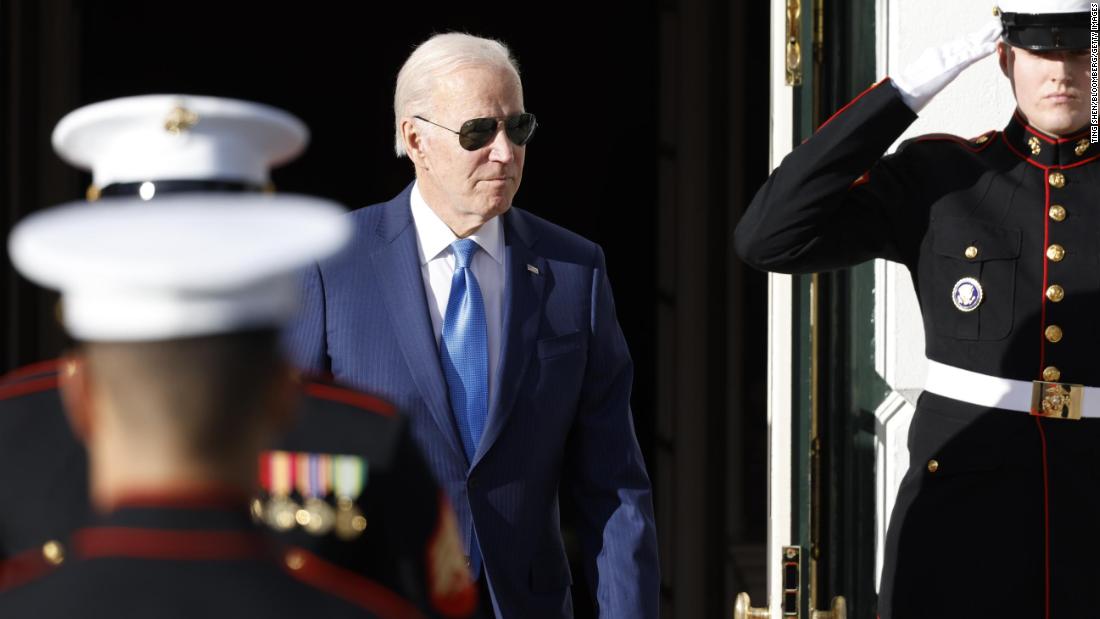Can Biden Resurrect the Justice Department ‘Slush Fund’?
A practice that allowed corporations to settle financial claims by making substantial “donations” to pre-selected non-profits was ended in 2017. The Biden administration would violate the Constitution if the practice was revived, warn two conservative legal scholars.

In 2017, then-Attorney General Jeff Sessions ended a controversial Bush- and Obama-era practice that allowed corporations to settle financial claims by making substantial “donations” to pre-selected non-profits.
Years later, President Joe Biden has suggested that his administration might resurrect the policy.
According to a forthcoming paper in the Georgetown Journal of Law & Public Policy, that would violate the Constitution and several Acts of Congress.
The authors, Paul J. Larkin, Jr. and Zack Smith of The Heritage Foundation, a conservative public policy think tank, write that the practice should not return.
“The Article I Appropriations Clause prohibits any Executive Branch official from disbursing funds except as provided by an act of Congress, and no statute authorizes this giveaway of the public’s money,” Larkin Jr. and Smith write.
Ordinarily, money owed to the U.S. government is settled by a deposit into the U.S. Treasury.
However, that changed during the George W. Bush and Barack Obama administrations, when the Justice Department allowed corporations to give a portion of the owed money instead to an executive-chosen third party or the administration’s favored non-profits in the form of “donations.”
The authors cite the Wall Street Journal, which, in 2015, called this act a “liberal slush fund” maintained by the Department of Justice (DOJ), where millions were being funneled into “liberal activist groups.” Larkin Jr. and Smith detail how the DOJ maintained a list of government-approved nonprofit beneficiaries, many of them left-leaning.
In 2013, the practice began a $13 billion J.P. Morgan settlement where the bank was offered credit for donations to pre-chosen nonprofits. Soon after, Citigroup and Bank of America settlements “outright required $150 million in donations” to nonprofit groups, according to the Wall Street Journal.
Eventually, the Justice Department’s settlement practice faced media, academic and congressional criticism on the ground that it violated federal statutory law and the Constitution.
Reviving the practice would violate the Article I Appropriations Clause and a statute known as the McDade Amendment, Larkin Jr. and Smith write.
Article I of the Appropriations Clause prohibits any Executive Branch official from distributing funds — except when authorized by Congress. Directing companies to make specific fiscal donations to chosen nonprofits and organizations would be unconstitutional, Larkin Jr. and Smith write.
Under the McDade Amendment, Justice Department lawyers are held to the same scrutiny and ethical standards of conduct as other lawyers in the state in which they’re licensed.
Because of this, no private lawyer may ethically give away a client’s money without the latter’s expressed permission. In this context, no Justice Department lawyer may give away America’s money to organizations.
“The Justice Department attorneys who authorize, direct, condone, or participate in this practice would violate federal law whenever it occurs,” the authors conclude, urging the president to reconsider his position.
“The Biden Administration should not resurrect [this practice].”
Paul J. Larkin, Jr. directs The Heritage Foundation’s project to counter abuse of the criminal law, particularly at the federal level. He is also the John, Barbara, and Victoria Rumpel Senior Legal Research Fellow in the Meese Center for Legal and Judicial Studies. Larkin works on criminal justice policy, drug policy, and regulatory policy.
Zack Smith is a Legal Fellow in the Meese Center for Legal and Judicial Studies at The Heritage Foundation. Smith received his undergraduate, master’s, and law degrees from the University of Florida. During law school, Smith served as the editor-in-chief of the Florida Law Review, and served on the executive boards of several student organizations, including the UF Chapter of the Federalist Society.
The full paper can be accessed here.

 Landwebs
Landwebs 















/cdn.vox-cdn.com/uploads/chorus_asset/file/24430706/elon_musk_twitter_for_you.png)








